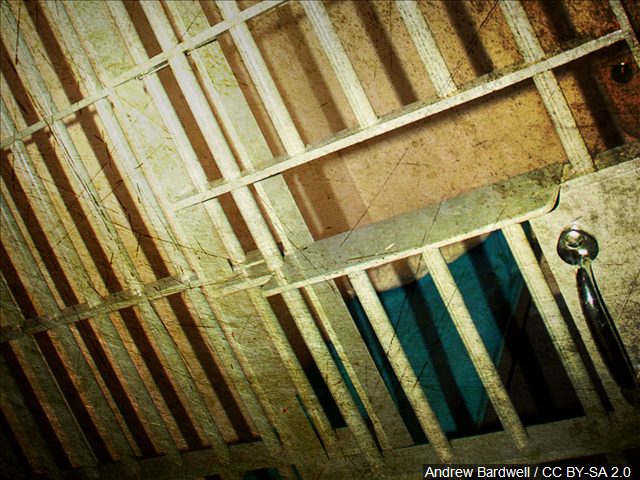 Virginia’s Department of Corrections says it released more than 2,000 “responsible inmates” for coronavirus-related considerations since April of last year, but that will come to an end when its authority to do so ends July 1. Officials say the DOC focused on inmates with less than one year remaining on their sentences who were deemed most vulnerable to COVID from existing medical conditions.
Virginia’s Department of Corrections says it released more than 2,000 “responsible inmates” for coronavirus-related considerations since April of last year, but that will come to an end when its authority to do so ends July 1. Officials say the DOC focused on inmates with less than one year remaining on their sentences who were deemed most vulnerable to COVID from existing medical conditions.
NEWS RELEASE: RICHMOND – The Virginia Department of Corrections’ authority to release state inmates early due to the coronavirus pandemic will terminate at midnight on July 1. Thus far, 2,114 state responsible inmates have been released early due to the pandemic.
On April 22, 2020, the Virginia General Assembly approved a proposed budget amendment from Governor Ralph Northam giving the director of the Department of Corrections authority to release offenders early during the novel coronavirus pandemic. Just as the pandemic presented unprecedented challenges, this authority for the director to release inmates early was unprecedented.
The Department continues to review individuals who meet the eligibility criteria for early release, with a focus on those inmates deemed most vulnerable due to an underlying medical condition or other circumstances that warrant an expedited review; however, the Department’s authority to release individuals early will terminate at midnight on July 1, 2021, as specified in the budget amendment.
The state prison population has decreased significantly during the pandemic. The average daily inmate population at the end of April was 23,897. Per the budget amendment, the director of the Department of Corrections is authorized to consider early release for individuals with less than one year left to serve while the COVID-19 emergency declaration is in effect. Inmates convicted of a Class 1 felony or a sexually violent offense are not eligible for consideration. Criteria for early release are available on the Department’s website, as they have been throughout the pandemic: https://vadoc.virginia.gov/media/1506/vadoc-covid19-early-release-plan.pdf and https://vadoc.virginia.gov/media/1512/vadoc-covid19-early-release-plan-local.pdf.
“We thank family members and community organizations for stepping up to offer services and support to this population as we safely released inmates early during the pandemic,” said Brian Moran, Secretary of Public Safety and Homeland Security. “The early release plan was an innovative way to ensure the safety and security of our incarcerated population as well as the public.”
The VADOC considers multiple factors as they review offenders who are eligible for early release, including the offense type and history, medical conditions, a documented and approved home plan, good time earning level, recidivism risk, and active detainers. State probation and parole offices have worked to ensure they were ready to receive the additional inmates as they were released onto probation.
“Our inmate management staff worked overtime to identify individuals eligible for early release, including securing suitable home plans, while continuing all regular releases during the pandemic,” said Department of Corrections Director Harold Clarke. “As our authority to release inmates early comes to a close, we have about 70% of our inmate population vaccinated, and no current cases of COVID-19 amongst the inmate population.”
Of the 2,114 state responsible inmates have been released early, 1,326 have been released from DOC facilities and 788 from local jails.
With vaccination rates rising and COVID cases falling, the Department of Corrections will soon be able to allow visitors back into its facilities. VADOC is planning a phased-in opening to visitors, continuing to follow CDC guidance for congregate settings.
VADOC continues to vaccinate all staff and inmates who want to be vaccinated, and to test staff and inmates for COVID-19. Inmate vaccination percentages are affected as inmates are discharged from correctional facilities and no longer counted amongst the vaccinated inmate population and new inmates enter the system. Face masks continue to be required in congregate settings, including correctional facilities.



